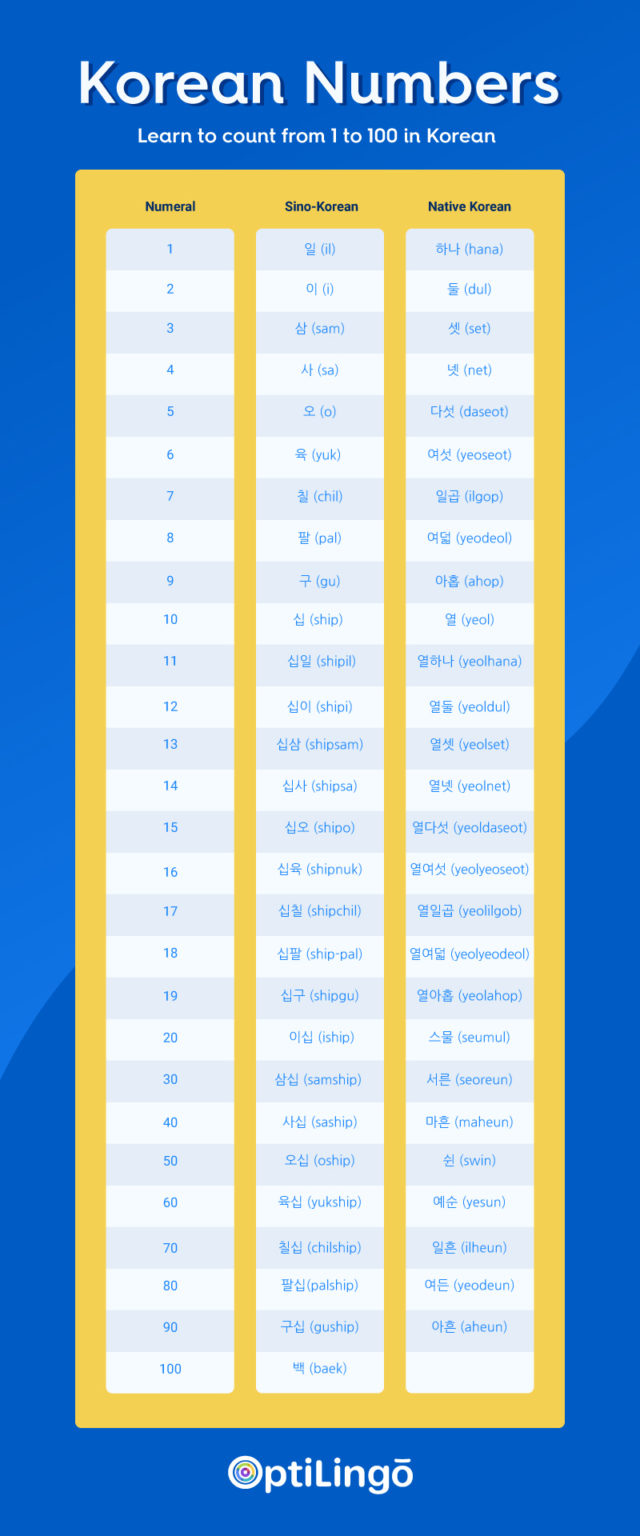
Names based on inclusive counting appear in other calendars as well: in the Roman calendar the nones (meaning "nine") is 8 days before the ides and in the Christian calendar Quinquagesima (meaning 50) is 49 days before Easter Sunday. For many years it was a standard practice in English law for the phrase "from a date" to mean "beginning on the day after that date": this practice is now deprecated because of the high risk of misunderstanding. In exclusive counting languages such as English, when counting eight days "from Sunday", Monday will be day 1, Tuesday day 2, and the following Monday will be the eighth day. In contrast, the English word "fortnight" itself derives from "a fourteen-night", as the archaic " sennight" does from "a seven-night" the English words are not examples of inclusive counting. For example, the French phrase for " fortnight" is quinzaine (15 ), and similar words are present in Greek (δεκαπενθήμερο, dekapenthímero), Spanish ( quincena) and Portuguese ( quinzena). When counting "inclusively," the Sunday (the start day) will be day 1 and therefore the following Sunday will be the eighth day. Inclusive counting is usually encountered when dealing with time in Roman calendars and the Romance languages. Various devices can also be used to facilitate counting, such as hand tally counters and abacuses. By using finger binary (base 2 counting), it is possible to keep a finger count up to 1023 = 2 10 − 1. Other hand-gesture systems are also in use, for example the Chinese system by which one can count to 10 using only gestures of one hand. Older finger counting used the four fingers and the three bones in each finger ( phalanges) to count to the number twelve. Finger-counting uses unary notation (one finger = one unit), and is thus limited to counting 10 (unless you start in with your toes). This is often used by children to facilitate counting and simple mathematical operations. Computers use base 2 counting (0s and 1s), also known as Boolean algebra.Ĭounting can also be in the form of finger counting, especially when counting small numbers. Tallying is base 1 counting normal counting is done in base 10. This is useful when counting objects over time, such as the number of times something occurs during the course of a day. This is often used to count objects that are present already, instead of counting a variety of things over time.Ĭounting can also be in the form of tally marks, making a mark for each number and then counting all of the marks when done tallying. The development of counting led to the development of mathematical notation, numeral systems, and writing.įurther information: Prehistoric numerals and Numerical digitĬounting can occur in a variety of forms.Ĭounting can be verbal that is, speaking every number out loud (or mentally) to keep track of progress. Notched bones were also found in the Border Caves in South Africa that may suggest that the concept of counting was known to humans as far back as 44,000 BCE. Counting was primarily used by ancient cultures to keep track of social and economic data such as the number of group members, prey animals, property, or debts (that is, accountancy).



There is archaeological evidence suggesting that humans have been counting for at least 50,000 years.

The related term enumeration refers to uniquely identifying the elements of a finite (combinatorial) set or infinite set by assigning a number to each element.Ĭounting sometimes involves numbers other than one for example, when counting money, counting out change, "counting by twos" (2, 4, 6, 8, 10, 12, .), or "counting by fives" (5, 10, 15, 20, 25, .). The traditional way of counting consists of continually increasing a (mental or spoken) counter by a unit for every element of the set, in some order, while marking (or displacing) those elements to avoid visiting the same element more than once, until no unmarked elements are left if the counter was set to one after the first object, the value after visiting the final object gives the desired number of elements. For its application to music, see Counting (music).Ĭounting is the process of determining the number of elements of a finite set of objects, i.e., determining the size of a set.


 0 kommentar(er)
0 kommentar(er)
